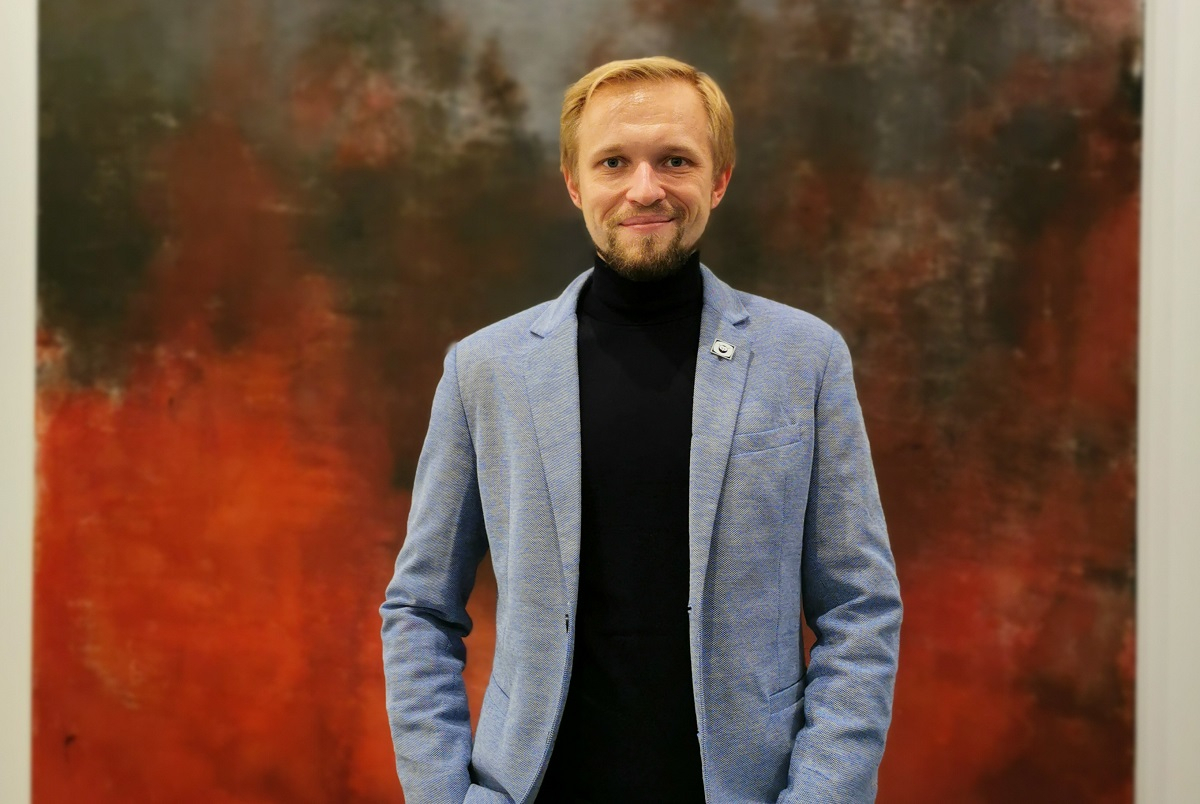St Petersburg University lecturer becomes the winner of the international Yandex ML Prize
Sergey Nikolenko, Associate Professor at St Petersburg University, Head of the Artificial Intelligence Laboratory at the V.A. Steklov Institute of Mathematics of the Russian Academy of Sciences, has received the Yandex prize for scientists and educators in machine learning.

More than 200 applications were submitted for the Yandex ML Prize 2023 in six categories. One of these categories is "ML Educators", which is being awarded for the first time this year. The only winner in this category was Sergey Nikolenko, Associate Professor at St Petersburg University.
‘My journey into machine learning began with teaching. To my recollection, in 2006, for the first time, I taught a machine learning course at the Computer Science Club of St Petersburg Department of the V.A. Steklov Institute of Mathematics of the Russian Academy of Sciences. Back then I didn’t know much about the subject myself. The course was very basic, but it was a start. And now, I have developed a full course that I teach at St Petersburg University, encompassing four semesters of lectures (about 60 lectures, each one and a half hours long). The course begins with Bayes’ theorem and ends with the latest news (this year, we focused on GPT-4 and the challenges of AI alignment). Teaching has been with me all my life, and I consider it an important part of my identity’, Sergey Nikolenko said.
The Yandex Machine Learning Prize has been awarded since 2019. During this time, 39 early-career researchers and scientific supervisors have become its laureates. The Yandex ML Prize recognises researchers, supervisors, and educators in the field of machine learning from 11 countries: Russia, Azerbaijan, Armenia, Belarus, Kazakhstan, Kyrgyzstan, Moldova, Serbia, Tajikistan, Turkmenistan, and Uzbekistan.
Students studying in the bachelor’s, specialist’s, master’s, and doctoral programmes at universities or research institutes can also apply to participate in the competition. Such students are conducting research in the field of machine learning such as computer vision, information retrieval, natural language processing and machine translation, speech recognition and synthesis, as well as generative models.
‘Such awards are important for two reasons: firstly, they can motivate people to stay in science or, accordingly, in teaching; and secondly, they provide reasons to promote their activities to a wider audience. However, the first reason, of course, is more important. I am unlikely to leave science, but for a young man thinking about future life, any argument can be decisive’, added Sergey Nikolenko, Associate Professor at St Petersburg University and the winner of the international Yandex ML Prize.

